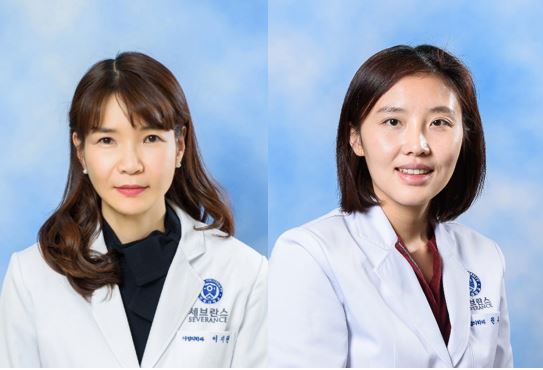A recent study has shown the healthiest nutrient adequacy ratio (NAR) is carbohydrate 5, fat 3, and protein 2.
Also, Koreans relatively eat too much carbohydrate while their intake of fat and protein is insufficient, according to the study by Gangnam Severance Hospital.
The research team, led by Professor Lee Ji-won from the Department of Family Medicine, Gangnam Severance Hospital, and Professor Kwon Yu-jin from the Department of Family Medicine at Yongin Severance Hospital, analyzed 73,353 adults based on the 2007-2015 data of National Health and Nutrition Survey. Researchers then tracked 42,192 adults with no cancer or cardiovascular disease and observed the nutrient ratio for those with the lowest mortality rate.

The result showed that Korean adults’ average percentage of nutrients was 67 percent carbohydrate, 17 percent fat, and 14 percent protein. However, the lowest mortality group's nutrient uptake rate was 50-60 percent carbohydrates, 30-40 percent fat, and 20-30 percent protein.
People need to eat less carbohydrate and more fat and protein for a healthy diet, the team concluded.
“As the Ministry of Health and Welfare’s dietary reference intakes for Koreans suggests, people should consume carbohydrates at 55-65 percent of total energy, and consume more fat and protein,” Professor Lee said.
To reduce the occurrence of various adult diseases and mortality rate, people need to eat more complex carbohydrates, such as vegetables and whole grains,” Professor Kwon said. “When we eat fat, we need to eat more unsaturated fats, including nuts, fish and olive oil rather than animal fats and trans-fats.”
As there were no such studies in Korea and other Asian countries, unlike in the U.S. and Europe, Koreans need to actively review nutrition standards to prevent chronic diseases and live longer, Professor Lee said.
The study results were published in the latest issue of Nutrients.

